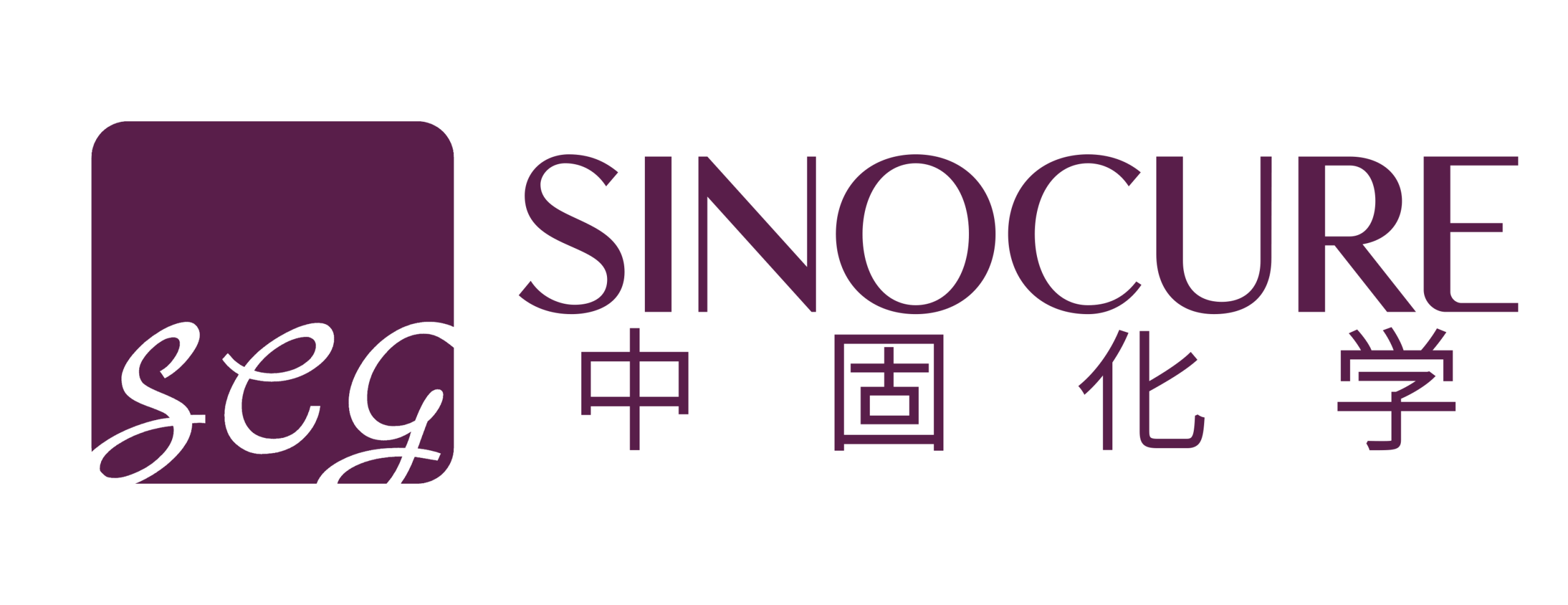Description
Bis(5-oxo-L-prolinato-N1,O2)zinc, CAS 15454-75-8, is a zinc salt of L-Pyrrolidone Carboxylic Acid (L-PCA). It is also commonly referred to as Zinc PCA or Zinc Pidolante. This compound is valued for its physiological and cosmetic benefits. L-PCA itself is a natural component of the skin’s Natural Moisturizing Factor (NMF), playing a role in skin hydration. As a zinc salt, Zinc PCA combines the benefits of zinc with those of L-PCA, making it a popular ingredient in various dermatological and personal care products. It typically appears as a white or off-white powder.
Properties
Property Value CAS Number 15454-75-8 Common Names Zinc PCA, Zinc Pidolante, Zinc Dipyroglutamate Molecular Formula C10H12N2O6Zn Molecular Weight Approximately 321.6 g/mol Appearance White to off-white powder Purity Typically ≥98% pH (solution) Typically 5.0 – 6.0 (for a specified concentration) Solubility Soluble in water Storage Store in a cool, dry place, often at inert atmosphere, 2−8∘C or ambient EINECS Number 239-473-5 Usage
Bis(5-oxo-L-prolinato-N1,O2)zinc (Zinc PCA) is utilized in a variety of applications, primarily in the cosmetic and personal care industries, as well as for nutritional supplementation:
- Cosmetics and Personal Care:
- Sebum Regulation: Zinc PCA is widely used in skincare products (creams, lotions, cleansers, toners) aimed at oily and acne-prone skin. It helps to regulate sebum production, reducing shine and preventing clogged pores.
- Example: Included in facial cleansers and mattifying moisturizers for oily skin types.
- Anti-Acne: Due to its sebum-regulating and antimicrobial properties, it’s effective in formulations designed to combat acne.
- Example: Found in spot treatments and anti-acne serums.
- Moisturizing/Humectant: As a salt of PCA (a component of NMF), it contributes to skin hydration.
- Example: Used in moisturizing creams and lotions, even for sensitive skin.
- Antimicrobial/Deodorant: Zinc PCA exhibits antimicrobial activity, making it useful in deodorants and other hygiene products to control odor-causing bacteria.
- Example: Ingredient in natural deodorants and anti-bacterial soaps.
- Hair Care: Incorporated into shampoos and hair treatments to control scalp oiliness and potentially reduce dandruff.
- Example: Shampoos for oily hair and anti-dandruff formulations.
- Anti-aging: Some studies suggest it may have anti-aging properties by acting on enzymes involved in collagen degradation.
- Example: Included in some anti-aging creams and serums.
- Pharmaceuticals/Nutraceuticals:
- Zinc Supplementation: It can be used as a bioavailable source of zinc in dietary supplements. Zinc is an essential mineral important for immune function, wound healing, and various enzymatic processes.
- Example: Oral zinc supplements for addressing zinc deficiency.
- Dermatological Preparations: Used in topical pharmaceutical preparations for its skin-soothing and healing support properties.
Contact Us Now!
If you need MSDS,TDS or sample testing, please email us at pharm@sinocurechem.com or use the website live chat to get prompt reply.
- +86 13345119692
- +86 15550440621
- pharm@sinocurechem.com
